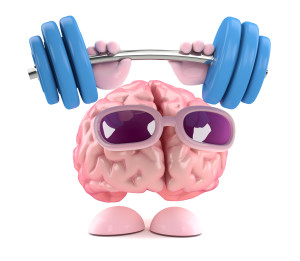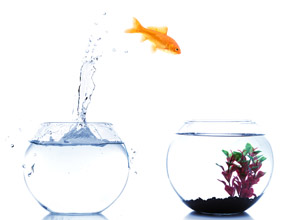As a child, one of my favorite past times was sorting through my family’s old, black and white photographs that had been passed down from multiple generations.
I romanticized the pictures of grandfather, in his World War II military uniform, and my grandmother, his young bride. I chuckled at looking at my own father as a gawky teen and was awestruck by looking at my great-grandparents in their turn of the century attire.
 Connecticut Estate Planning Attorneys Blog
Connecticut Estate Planning Attorneys Blog












